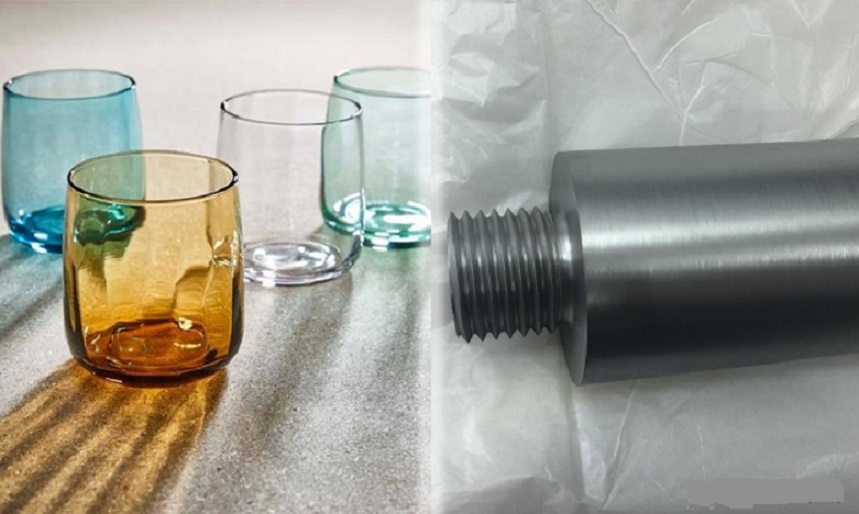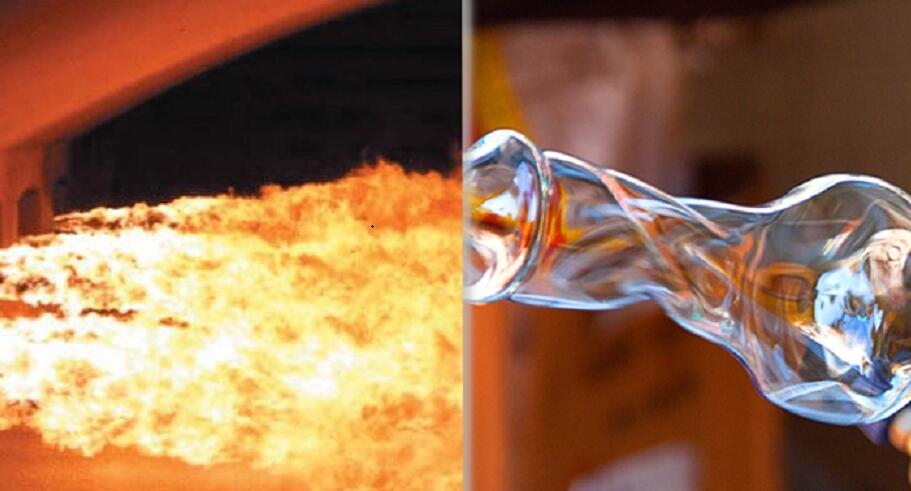Impurities in Glass Materials Affect Molybdenum Electrode Service Life

Impurities in Glass Materials Affect Molybdenum Electrode Service Life
According to relevant research data, among the types of cups on the market, glass cups are the healthiest, safest, and most widely used cups. But do you know how glass is produced? The molybdenum electrode plays a very important role in the production of glass. In this article, let's take a look at how the impurities in glass materials affect molybdenum electrode service life during the production of glass.

Impurities in Glass Materials Affect Molybdenum Electrode Service Life
The production process of glass cups is generally batching, melting, forming, sintering, and annealing. Among them, melting is related to the quality of the finished product and is the top priority in the process. The prepared raw materials are heated in a glass furnace at a high temperature to form uniform and bubble-free molten glass. This is a very complex physical and chemical reaction process, and the quality control of the electrodes used as electric heating is the key control object of the glass factory.
The glass melting electrode must be able to withstand corrosive glass melting and strong high temperature. Bubbles are not allowed to be generated during contact with the molten glass, and the product after the electrode is corroded must not cause any defects to the glass product.
To cope with these challenging conditions, pure molybdenum has proven to be the most suitable material at present because of its high dimensional stability, excellent creep resistance, excellent corrosion resistance, high purity, and good thermal and electrical conductivity.
However, the glass melting process is usually accompanied by various problems. Glass hybrid materials usually contain chemical impurities, such as As2O3, Sb2O3, and sulfur. If they react with cerium oxide, they will make the glass yellow. If the iron, chromium, and other elements in the raw materials exceed the standard, the glass will turn green or yellow, which will waste a lot of decolorizing agents. In the glass furnace, the presence of these chemical impurities will have a serious impact on the normal operation of the electrode.
Nitric acid water is a liquid mixture mainly composed of sodium sulfate and sodium fluoride. The presence of a large number of sodium ions makes it highly conductive and always floats on the viscous layer of liquid glass. At the junction of the circulating cooling water and the electrode jacket, the electrode is very short, but the current density is very high. If the nitric acid water reacts with the electrode, the molybdenum electrode will be far unable to carry the current density and will break.
The purity of the molybdenum electrode is very important. The market requires that the purity of the electrode is at least 99.95%, and the content of other impurities needs to be controlled under a certain value to avoid the purity problem affecting the molybdenum electrode service life. But at the same time, the quality of glass materials also needs to be guaranteed. Nitric acid water seems trivial, but it can destroy countless electrodes.
Conclusion
Thank you for reading our article and we hope it can help you have a better understanding of how the impurities in glass materials affect molybdenum electrode service life during the production of glass. If you want to learn more about molybdenum and molybdenum electrode, we would like to advise you to visit Advanced Refractory Metals (ARM) for more information.
Headquartered in Lake Forest, California, USA, Advanced Refractory Metals (ARM) is a leading manufacturer & supplier of refractory metals & alloys across the world. It provides customers with high-quality refractory metals & alloys such as molybdenum, tantalum, rhenium, tungsten, titanium, and zirconium at a very competitive price.
{{item.content}}
LEVE A REPLY
{{item.children[0].content}}
{{item.content}}






